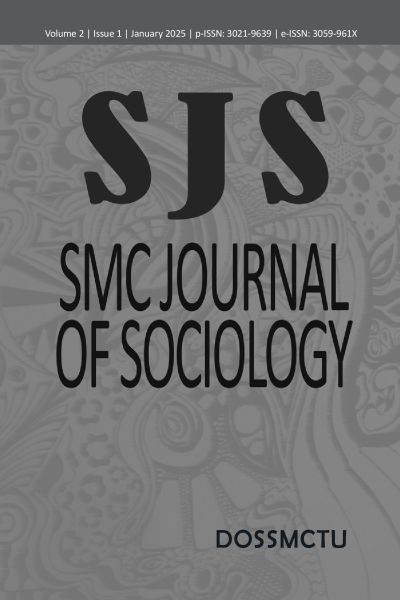Gender and Society: Introducing Islam Social Life in Kathmandu
DOI:
https://doi.org/10.3126/sjs.v2i2.74844Keywords:
family, gender, Islamophobia, livelihood, religionAbstract
This paper investigates the basic social life of Muslim people in Kathmandu focusing particularly on gender dimension. It emphasizes that while Islam is often misrepresented as patriarchal, many injustices stem from interpretations rooted in cultural patriarchy rather than the religion itself. Despite limited literature on Nepali Muslims, this research explores aspects such as education, employment, and social roles through surveys conducted within the Muslim settlements. Findings reveal significant educational advancement among Muslim women, as evidenced by higher female enrollment in higher education compared to males. Nevertheless, traditional gender roles restrict women's economic participation, with a majority confined to domestic responsibilities. Political engagement among Muslims shows that most of them participated in recent elections, favoring a liberal democratic governance than the monarchy or communist, while community sentiments towards religious tolerance are notably positive. The study highlights a need for targeted interventions to address educational and economic difficulties, faced particularly for women, indicating the necessity of comprehensive strategies that promote equality and integration within the broader socio-political context of Nepal. Overall, the research contributes valuable insights into the socio-cultural and economic dynamics of Muslim people in Kathmandu, advocating for informed policy-making tailored to enhance the welfare and rights of this underrepresented demographic.




